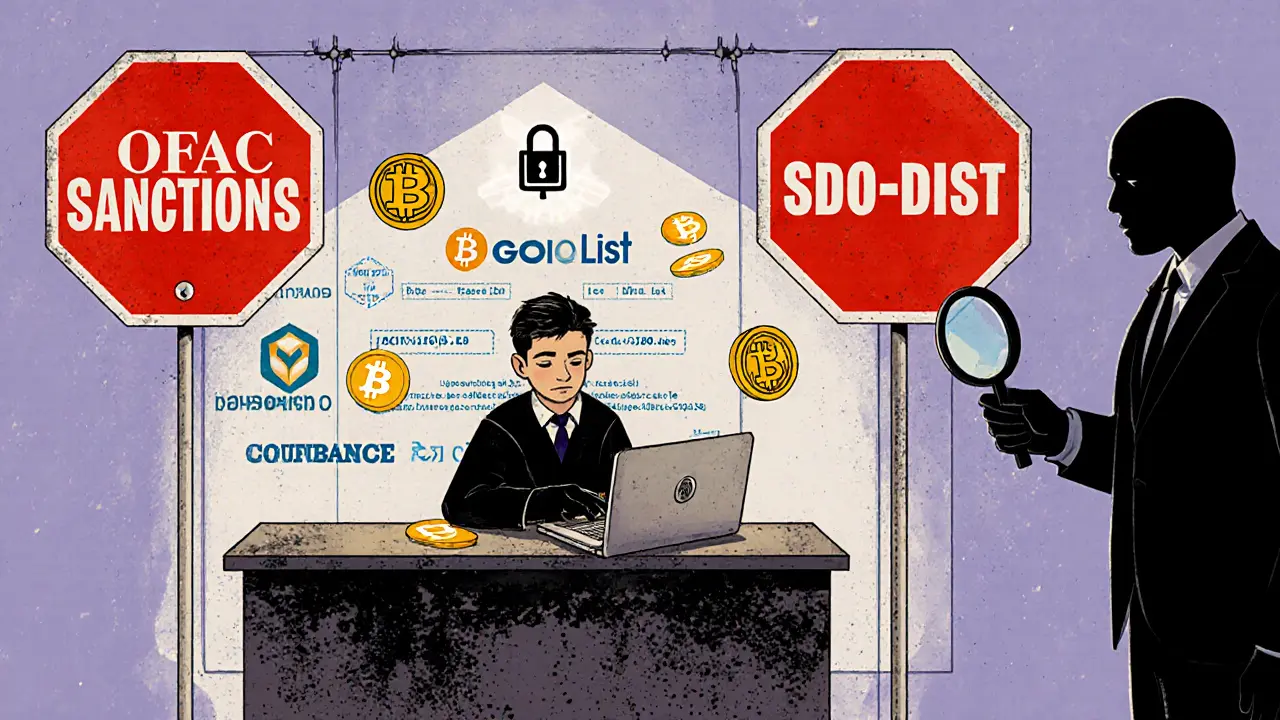Iranian crypto: What’s really happening with crypto in Iran
Iranian crypto, the unofficial but widespread use of digital currencies by citizens in Iran despite government restrictions. Also known as crypto in Iran, it’s not about speculation—it’s about survival. With inflation eating away at the rial and banks locked off from global systems, crypto isn’t a trend. It’s a lifeline.
People in Iran don’t trade on Coinbase or Binance the way you might in the U.S. or Europe. They use P2P crypto, peer-to-peer networks that let users buy and sell digital assets directly, often using local payment apps like Sarmayeh or Telegram-based traders. This is how millions bypass capital controls. It’s risky—no legal protection, no chargebacks, no recourse if you get scammed—but it’s the only way to get dollars, euros, or even stablecoins like USDT into their hands. And while the government bans crypto mining and trading, enforcement is patchy. Thousands of miners still run rigs in basements, powered by cheap electricity. The state doesn’t want you holding crypto, but it also can’t stop you.
crypto regulations Iran, the messy, shifting rules that try to control digital assets without fully understanding them. The Central Bank has called crypto "illegal" but still issues licenses to a few state-backed exchanges. It’s a contradiction. You can’t legally own crypto, but you can legally mine it—if you register with the government. And if you’re caught using a foreign exchange? You might get fined, or worse. Yet, the demand keeps growing. Why? Because the rial lost over 80% of its value since 2018. Crypto isn’t a gamble here. It’s a hedge. The same people who buy Bitcoin or Ethereum are the ones who can’t get a visa, can’t access PayPal, and can’t send money abroad. They’re not day traders. They’re teachers, mechanics, and small business owners trying to keep their savings from vanishing overnight.
What you’ll find in the posts below isn’t hype. It’s real. Stories from people using P2P platforms to buy crypto with Iranian rials. Breakdowns of how local payment apps work. Warnings about fake exchanges pretending to serve Iranian users. And lessons from other countries—like China and Bangladesh—where crypto exists in the shadows, too. This isn’t about getting rich quick. It’s about staying in control when the system is rigged against you.
OFAC Sanctions and Iranian Crypto Access to Exchanges: How Restrictions Block Transactions
by Johnathan DeCovic Nov 11 2025 24 CryptocurrencyOFAC sanctions block Iranian access to major crypto exchanges by targeting specific wallet addresses and shadow networks. Exchanges face heavy fines for non-compliance, forcing users toward risky P2P and decentralized platforms.
READ MORE
